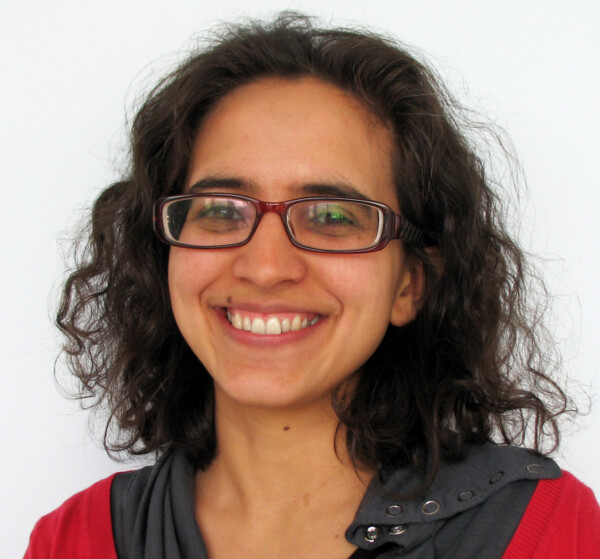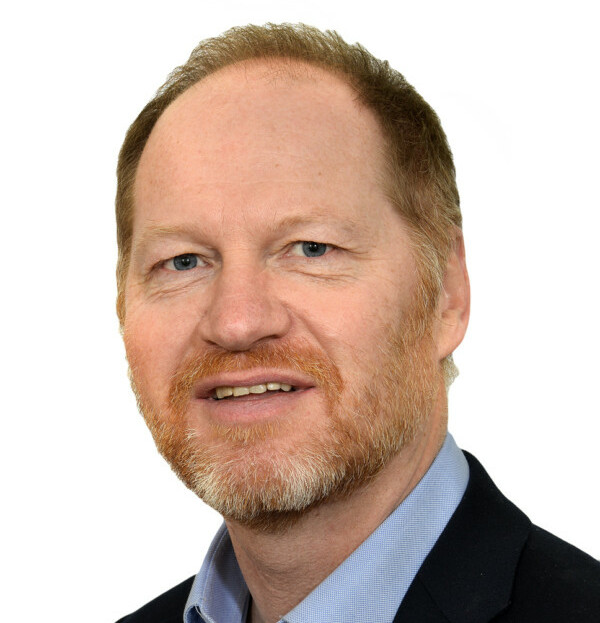Hearing loss unlikely to be common symptom of Covid, say scientists
Hearing loss is unlikely to be a common symptom of Covid-19, a study led by The University of Manchester and the National Institute for Health and Care Research (NIHR) Manchester Biomedical Research Centre (BRC) scientists have shown.
The virus has been blamed for a range of health problems including hearing loss and other auditory disorders.
However, the global prevalence of Covid-19, and the importance of hearing for human functioning, means it is important to understand whether and how the virus might affect hearing say the research team.
Lead authors Dr Anisa Visram and Dr Iain Jackson from the University of Manchester and a team of scientists compared two groups of patients who had been hospitalised, one group with Covid-19 and the other without Covid-19.
After completing the most comprehensive assessment of hearing to date, using a range of lab-based behavioural and physiological measures as well as self-report they were able to show that there was almost no difference in hearing between the two groups.
The findings are published in the International Journal of Audiology.
The study was funded by gifts to The University of Manchester’s Covid-19 Research Appeal, along with support from the RNID Dowager Countess Eleanor Peel Trust, and NIHR Manchester Biomedical Research Centre (BRC).
Dr Anisa Visram said: “We know that viruses such as measles, mumps and meningitis can damage the auditory system. It is also well known that Covid-19 can affect our sense of smell and taste so it was reasonable to assume it might also affect our sense of hearing. Our study was well designed and executed, and we believe it is the most thorough assessment of hearing conducted in people with Covid-19.”


Kevin Munro, Professor of Audiology at The University of Manchester and Manchester BRC Hearing Health lead said: “There was an urgent need for this carefully conducted clinical and diagnostic study to investigate the long-term effects of Covid-19 on the auditory system. Many previous studies were published rapidly during the pandemic but lacked good scientific rigour.”
The World Health Organisation refer to the avalanche of information produced during the Covid-19 pandemic as an infodemic. The vast quantity of sometimes misleading data has the potential to undermine trust in health institutions and health research.
Dr Ralph Holmes, Director of Research and Insight at RNID said: “We were pleased to support this study because we know hearing loss can have a devastating impact on people’s lives. The study provides important public health information. It is reassuring to know that for the majority of people, hearing loss is not a major long-term consequence of Covid-19.”
A small number of people with Covid-19 reported greater effort required to listen but no specific auditory abnormalities were noted. This is an intriguing finding and may be related to wider post-viral effects such as fatigue and cognitive impairment.
Professor Richard Ramsden, Trustee at the Dowager Countess Eleanor Peel Trust said: “There have been many reports of hearing loss following Covid-19. It hasn’t been clear if these are incidental findings or if Covid-19 is damaging the hearing system. While the study cannot rule out infrequent hearing loss as a result of Covid-19, we now know that for most people, there is nothing to be concerned about.”
The research team used a state-of-the art bespoke hearing research van to travel to the homes of patients after discharged from hospital making the study accessible to people who might not otherwise have been able to participate.
This unique research facility has already been used by the team in a previous study to improve the accuracy of hearing aid fittings in babies. Now that the Covid-19 study has been completed, the research van is being used to assess the feasibility of travelling to different locations to collect data from adults with tinnitus, noises in their ears.
Anyone interested in participating in research on hearing loss and auditory disorders can register with the volunteer database at the university’s Manchester Centre for Audiology and Deafness.